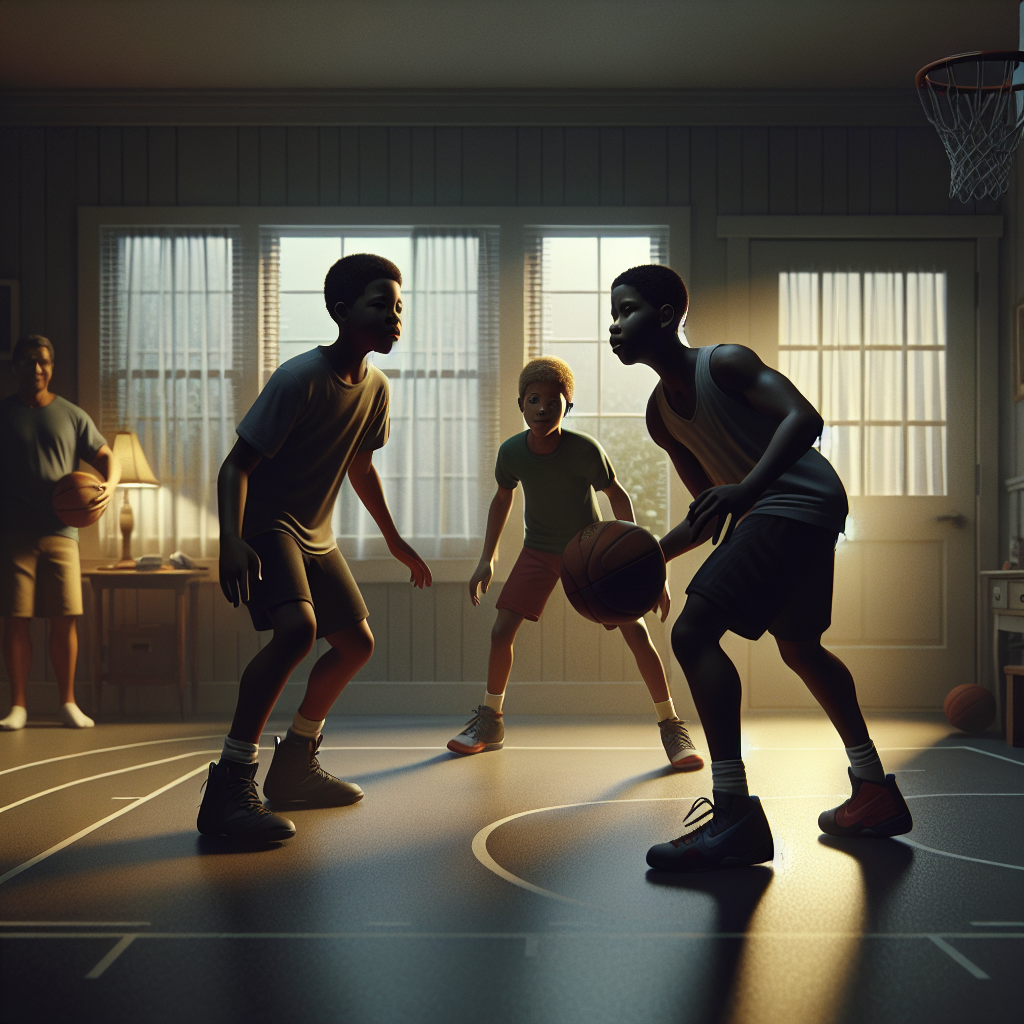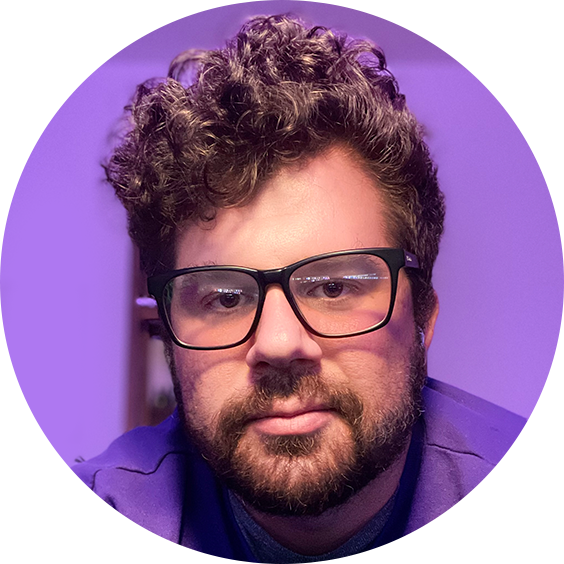
Look, as a parent of three boys who love basketball, I know the temptation all too well. More games, more teams, more exposure. It’s easy to think that more of everything equals better results, right? Wrong. We’ve learned the hard way that saying “no” to endless games and multiple teams is the best thing we can do for our boys’ long-term development. Here’s why:
More Isn’t Better. Better Is Better.
Mark Cuban said it best: “I’d rather see more practices and fewer tournaments.” The obsession with playing in every weekend tournament is short-sighted. My boys don’t need 50 games a year to develop—what they need is quality practice and skill-building. Kobe Bryant nailed it too when he said, “We’re teaching kids the wrong things… We have to focus on skill development, but we also have to make it fun.”
We want our kids to grow as players, not just perform. That’s why we prioritize practice, skill development, and overall athletic improvement over filling weekends with back-to-back games. Training matters more than showing up to just “be seen.”
Development Over Performance
Jay Bilas says it straight: “It’s about the process, not the result.” Our focus isn’t on making sure our boys are the MVP at every game. We’re playing the long game here—development is non-linear, and the goal is for them to be at their best at 16 or 17, not right now.
Chris Paul knows what’s up too: “It’s important that kids don’t just play basketball but learn the game the right way.” That’s the mindset we’re trying to instill in our boys. They’re still young, so we focus on getting better, not just “winning.”
Avoiding Overuse Injuries: Rest Matters
Let’s talk science for a second—playing too many games at a young age can lead to overuse injuries. Bob Bigelow said it best: “We’ve taken the playground out of youth sports, and that’s a huge mistake.” These kids need more unstructured play, more rest, and fewer hyper-competitive environments.
Steve Kerr also sees the problem: “Kids playing 80 games a summer, it’s just insane.” For us, it’s all about balance. We make sure our boys get the right amount of rest, and when they’re on the court, they’re building up their skills in a way that prevents injury. No one’s winning when your kid’s sitting out with a stress fracture.
Team Continuity Matters
We’ve learned that hopping from team to team, or playing for a coach who switches rosters constantly, isn’t beneficial. Consistent teammates and stable coaching are crucial for fostering real team behavior and development. This stability gives kids the space to grow both individually and as part of a team.
Preventing Burnout
My boys love basketball practice. They’d probably practice 6 days a week if we let them. But that’s part of the problem, right? We want them to love the game for years, not burn out by the time they hit high school. That’s why we focus on balance. We want them to push themselves, but also enjoy the game, which means keeping their schedule in check.
Development Over Exposure
“Exposure” is a buzzword that gets thrown around a lot in youth sports. But here’s the truth: no college coach cares about what my sons are doing at 11 and 13 years old. If they’re good enough, they’ll be seen when it matters. Right now, our focus is on making sure they get better—not on how many eyes are on them.
Maximize Playing Time and Role Diversity
One of the biggest mistakes we made early on was chasing the “best” team. But the “best” team isn’t always the best environment for growth. Kids need consistent playing time and the chance to try different roles on the court. You can’t grow without game time and a chance to experiment, so we’re looking for situations where they can do just that.
Creating Space for Unstructured Play
Bob Bigelow hit it on the head when he said we’ve taken the playground out of youth sports. We want our boys to play the game because they love it—not because it’s just another item on their calendar. That’s why we make time for pick-up games at the park and player-led workouts. The more fun and freedom they have on the court, the more they stay engaged.
Saying NO to More Games Is Hard, But It’s Right
I get it—FOMO is real. It’s hard to say no to more games when you feel like everyone else is doing more. But after experiencing both sides over the past couple of years, we’ve come to this conclusion: saying no to more games and teams is the best way to protect our boys’ long-term health and development.
Have questions or thoughts on your own basketball journey? Feel free to reach out—I’m happy to talk shop!

Leave a Reply